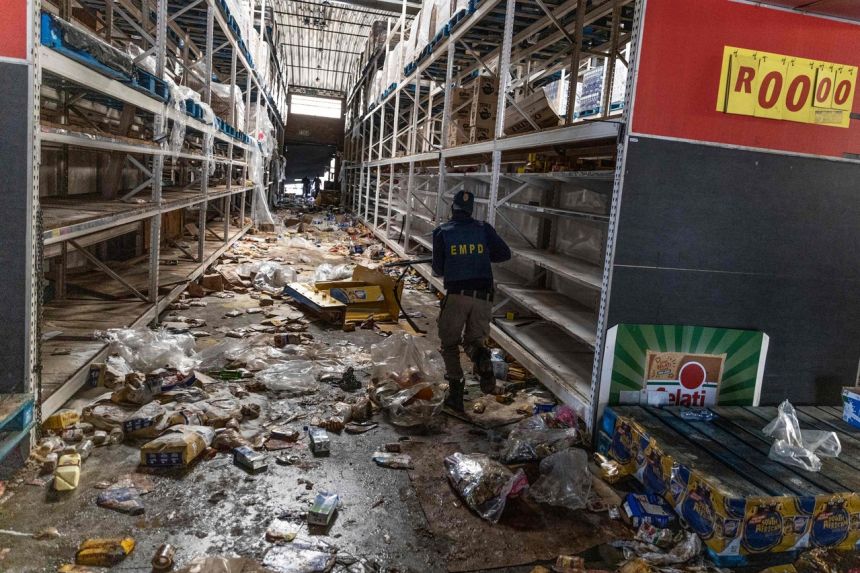France may need to import energy from its neighbors this winter amid nuclear power outages, Bloomberg reports
Europe’s largest producer of atomic energy, Electricite de France SA (EDF), usually exports cheap power during the winter but may be forced to import it this year, Bloomberg reported on Friday.
According to the report, about half of EDF’s 56 reactors are currently halted. Some of the company’s plants are offline for regular maintenance or refueling, while a dozen are idled for checks and repairs following the discovery of stress corrosion issues at units in late 2021. Cracks have been reportedly confirmed in key piping systems at four reactors.
Output in 2022 is expected to be the lowest in more than 30 years, the company estimates.
“We have a French problem which is taking place at the wrong time, given the geopolitical situation,” Nicolas Leclerc, co-founder of Paris-based energy consultancy Omnegy, was quoted as saying by Bloomberg. “The whole European equilibrium may be threatened,” he added.
France will import “heavily” this winter, and grid operator RTE may need to limit power supply to large industrial users, said Jean-Paul Harreman, director of consultancy EnAppSys BV.
“A nightmare scenario would consist of a dry summer, resulting in low water reserves in the Alps, Iberia, Balkans and Scandinavia, and a prolonged cold spell across Europe, driving up demand,” he cautioned.
The utility company’s challenges are so serious that French President Emmanuel Macron has suggested that some of its key activities could be nationalized in order to ensure the country’s energy security.
The EDF’s nuclear failures come as the European Union is rushing to secure alternative gas supplies in a bid to ditch Russian energy. That could be particularly hard for nations such as Germany, which relied on Russia for 40% of its supply last year and is shutting down its own nuclear industry. Berlin plans to buy up large amounts of liquefied natural gas, but it doesn’t yet have import terminals of its own.
“France will require that all adjacent countries have ways to produce electricity,” said Leclerc. “It’s important for us that Germany isn’t too much at odds with Russia. If they don’t have access to Russian gas, they won’t be able to produce the electricity we need,” he explained.
For more stories on economy & finance visit RT’s business section
You can share this story on social media:
Source link
Author RT







